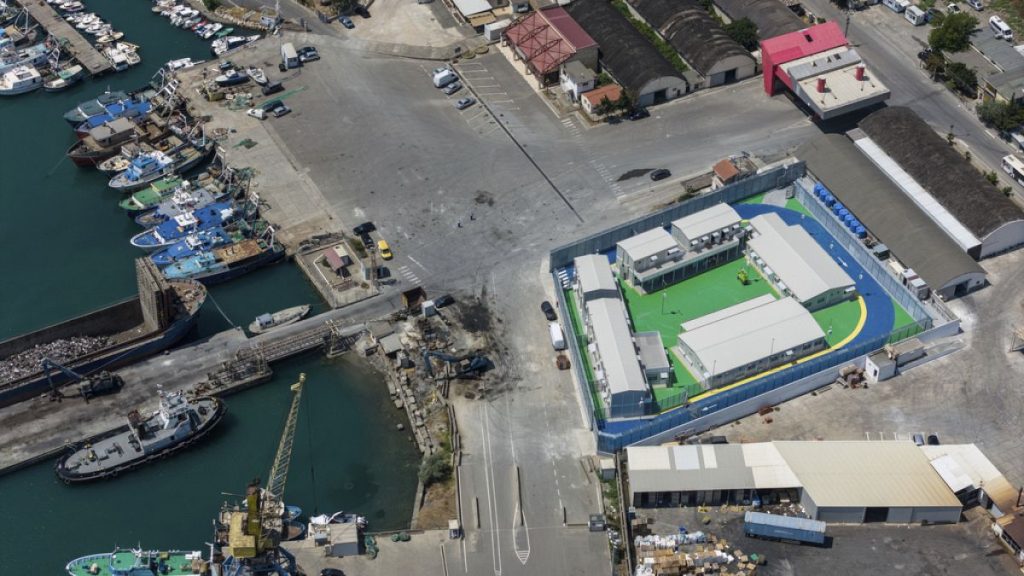Government-aligned MEPs are defending a plan to detain migrant arrivals in Albania instead of Italy, which has been criticized by NGOs as “cruel”. The construction of two Italian migrant reception centers in Albania has faced delays and is unlikely to open before the end of the year, with substantial upfront costs. This controversial Italian-Albanian plan aims to curb illegal immigration and relieve pressure on Italian reception centers by having Albania host up to 36,000 asylum seekers annually on behalf of Italy. However, some organizations and opposition parties argue that the plan violates human rights, with concerns about automatic detention and violations of international law. In response, MEP Flavio Tosi argues that Albania’s EU accession process ensures human rights will be respected and emphasizes the importance of strengthening relations with countries of departure in Africa.
The externalization of asylum procedures is becoming more popular among EU member states, with the 2015 crisis in the Mediterranean leading to the adoption of these policies. Proponents argue that externalization can prevent migrants from falling under the authority of the final European country of arrival, potentially reducing political issues surrounding fundamental rights. However, this approach raises concerns about human rights violations in countries migrants are outsourced to, such as Libya and Turkey, as well as the high cost of implementing these policies. Despite these challenges, the “Italian model” has attracted interest from other countries, with similarities to Britain’s policy with Rwanda. However, the UK’s plan faced legal hurdles and was ultimately scrapped after a change in government.
The Italian government insists that the plan to have Albania host migrant reception centers funded and managed by Italian authorities is necessary to manage migration and the cost of illegal immigration. MEP Flavio Tosi argues that the cost of opening these facilities is justified compared to the overall cost of managing migration and points to the importance of the externalization of migration policies. Amnesty International Italy spokesperson Riccardo Noury expresses serious concerns about the plan, emphasizing worries about automatic detention of migrants for long periods and potential violations of international law. Noury describes the deal as cruel and intended to discourage migrants by violating their rights, with the plan implying that most migrants will be ineligible for international protection and sent back to their countries.
The construction of Italian migrant reception centers in Albania has faced delays, with no clear opening date in sight despite initial plans to open last May. Prime Minister Giorgia Meloni has announced another postponement, pushing the opening of the controversial centers into the future. Forza Italia MEP Flavio Tosi expects the facilities to open by the end of the year, in line with construction and bureaucratic timelines, despite significant criticism of the Italian-Albanian plan. Some organizations and opposition parties argue that the plan violates basic human rights, but Tosi defends the plan by highlighting Albania’s EU accession process and the need to strengthen relations with countries of departure, particularly in Africa. The externalization of asylum procedures is gaining traction among EU member states, with supporters pointing to the effectiveness of preventing migrants from being directly under the authority of the final European country of arrival.


